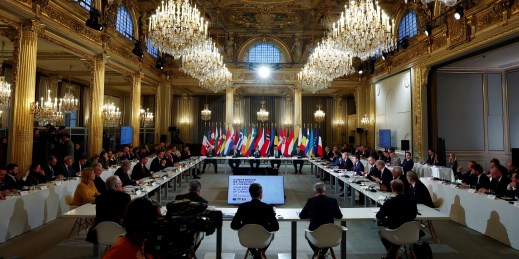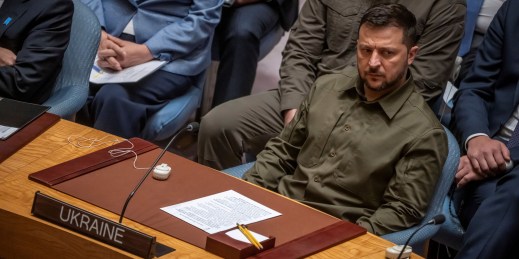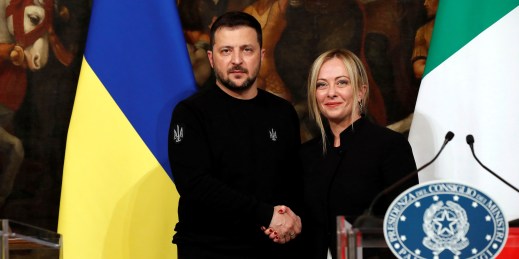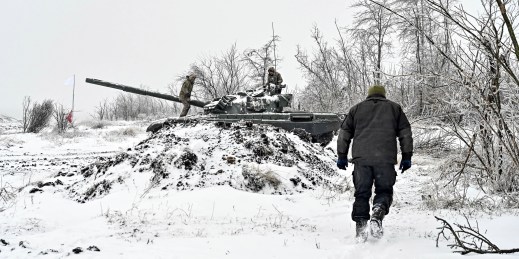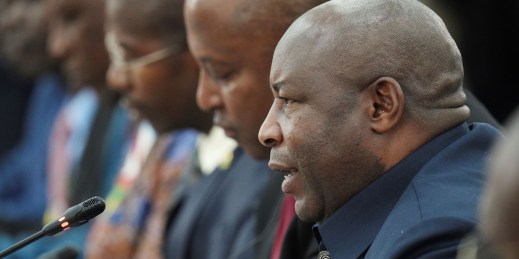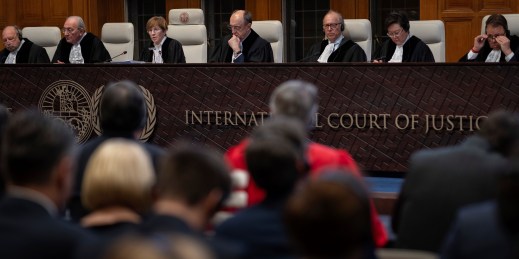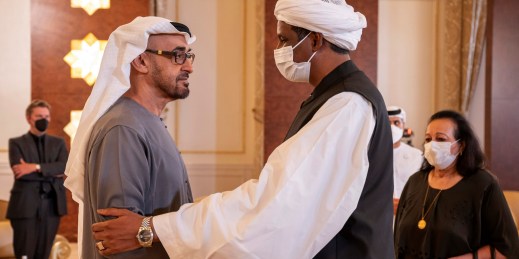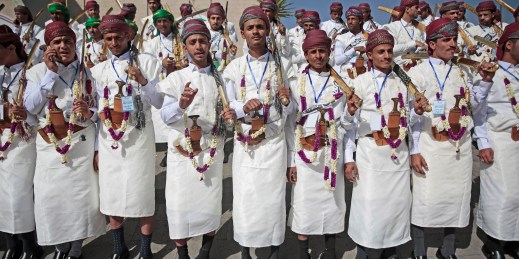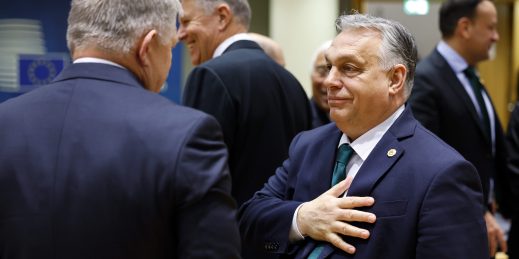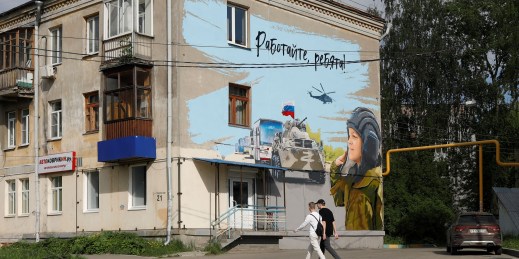
Censorship of local Russian media, combined with diminished access for foreign reporters, has narrowed our understanding of the war in Ukraine’s impact on Russian communities outside big cities. Yet even with these limits, there are significant signals that undermine the image of invincibility the Putin regime works so hard to project.

